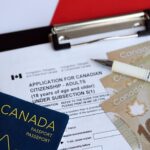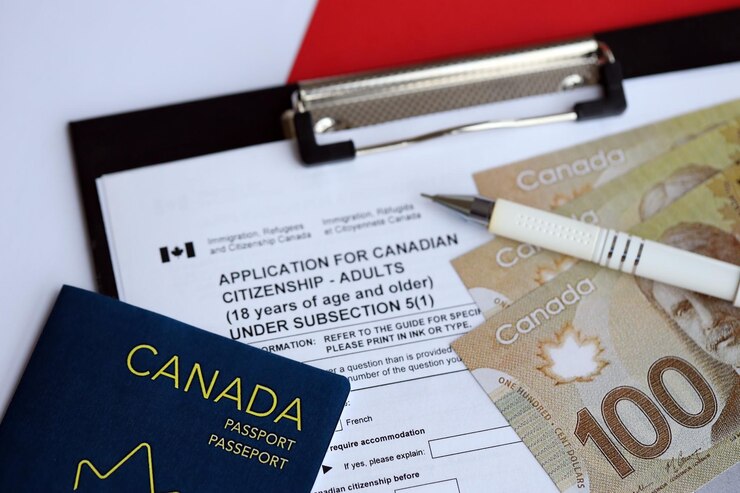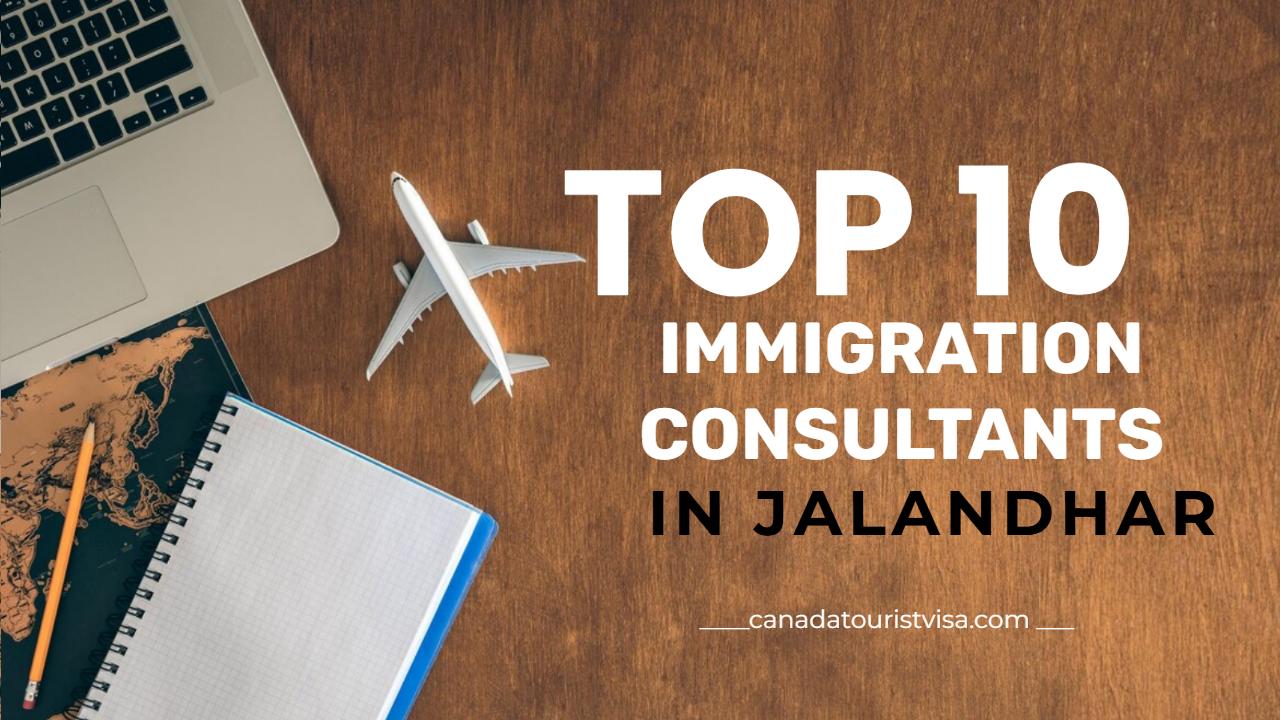Applying for a Canada visa can be super exciting. Maybe you’re dreaming of strolling through downtown Toronto, studying at a world-class university, or taking in the breathtaking beauty of Banff. But before you pack your bags, there’s one big hurdle that every traveler faces — getting that visa approved.
The truth is, many Canada visa applications get rejected every year. And the frustrating part? Most refusals happen because of simple, avoidable mistakes. So, if you’re serious about getting that “Approved” stamp, it’s crucial to understand what causes rejections — and what you can do differently.
Let’s break it down in plain English. Here are the most common reasons for Canada visa rejection — and how to avoid them.
1. Incomplete or Incorrect Documentation
This might sound basic, but it’s actually the #1 reason for Canada visa rejections. Even small errors — like missing signatures, wrong dates, or incomplete forms — can cause big problems.
Why it happens:
- Applicants rush and forget key documents.
- Details like names, birthdates, or passport numbers don’t match.
- Some people submit old forms that are no longer valid.
How to avoid it:
- Download and fill out the latest application forms directly from the official IRCC (Immigration, Refugees and Citizenship Canada) website.
- Triple-check every single detail — spelling, dates, passport numbers, etc.
- Make sure you’ve included every required document listed in the checklist.
- If a question doesn’t apply to you, write “N/A” instead of leaving it blank.
Pro tip: Create a simple checklist before submitting your application. It sounds obvious, but it’s the easiest way to avoid missing something important.
2. Insufficient Financial Proof
Canada wants to be sure that you can take care of yourself financially during your stay — whether you’re visiting, studying, or working. If your financial documents look weak or confusing, that can trigger a rejection.
Common red flags:
- Not showing enough funds in your bank account.
- Submitting statements with sudden, unexplained deposits.
- Missing proof of steady income or employment.
How to avoid it:
- Provide bank statements for the last 3–6 months, not just one month.
- If someone is sponsoring your trip, include a sponsorship letter and their financial proof too.
- Avoid making big deposits right before applying — it looks suspicious.
- Make sure your account balance clearly covers all your expenses (tuition, accommodation, travel, etc.).
Remember: The visa officer needs to see that you can afford the trip comfortably — not just scrape by.
3. Weak Ties to Your Home Country
This one’s a biggie. One of the main reasons for Canada visa rejection is that applicants fail to prove they’ll return home.
When you apply for a temporary visa — like a visitor, student, or work visa — officers want proof that you plan to go back to your home country after your stay. If your application doesn’t clearly show that, they might assume you’ll overstay in Canada.
Why this happens:
- You don’t have a stable job or business back home.
- You don’t show property ownership, family ties, or responsibilities in your country.
- Your explanation letter doesn’t clearly state your return intentions.
How to fix it:
- Attach an employment letter stating that you’re on approved leave and have a job waiting for you when you return.
- Include documents proving you own a home, business, or other assets.
- Mention family members who depend on you (spouse, children, parents).
- Write a clear, genuine statement of purpose that explains why you’ll return after your trip.
The stronger your ties, the better your chances. The visa officer just needs to be convinced that you have real reasons to go home.
4. Unclear or Weak Travel Purpose
Another very common reason for Canada visa rejection is when your purpose of travel isn’t clear enough.
You might have written “tourism” or “visiting family,” but that’s not always enough. Visa officers want to see proof that your trip makes sense — and that it aligns with your background.
Common issues:
- A vague travel plan with no details or itinerary.
- Missing hotel reservations, invitation letters, or activity plans.
- Applying for a student visa in a field unrelated to your previous studies or work experience.
How to avoid it:
- Write a clear, personalized travel itinerary with dates, cities, and activities.
- For visitor visas, include hotel bookings and travel plans.
- If you’re visiting family or friends, get an invitation letter from your host.
- For student visas, explain how your chosen course connects to your career goals.
Your goal is to make your application tell a logical story: Who you are, why you’re going, what you’ll do there, and why you’ll come back.
5. Lack of Travel History
If this is your first time applying for an international visa, it can be tricky. Visa officers often look at your past travel records to judge how trustworthy you are as a traveler.
Why it matters:
A good travel history shows that you’ve visited other countries and respected visa rules — that you traveled, enjoyed, and came back home.
How to avoid issues if you have little or no travel history:
- Be extra careful with every other part of your application (finances, ties to home, travel purpose).
- If possible, build travel history by visiting visa-friendly destinations first (like nearby countries).
- Explain honestly that this is your first major trip and that you’re excited to experience Canada responsibly.
Tip: A clean record is better than a messy one — even if it’s your first trip.
6. Previous Visa Refusals or Immigration Issues
If you’ve been refused a visa before — for Canada or any other country — that can affect your new application. But here’s the good news: a past refusal doesn’t automatically mean another one.
Why it leads to rejection:
- You didn’t explain your previous refusal.
- You hid it, hoping they wouldn’t find out (they always do!).
- You repeated the same mistakes that caused the first rejection.
How to avoid it:
- Always be honest about previous refusals. Hiding them is considered “misrepresentation,” which can lead to a 5-year ban.
- Include an explanation letter addressing what went wrong before and how you’ve fixed it this time.
- If you’re unsure, consult a licensed immigration consultant or lawyer before reapplying.
Transparency builds trust — and trust is everything when dealing with immigration officers.
7. Health or Criminal Record Issues
Canada takes security and public safety seriously. If you have health conditions that could cause a burden on the healthcare system, or if you have a criminal record, it can impact your visa outcome.
What to do:
- If you’re required to take a medical exam, do it only with an approved panel physician.
- If you have a past legal issue (like a minor offence), declare it honestly and provide court records or proof of rehabilitation.
- Don’t assume “small issues” won’t show up — Canada’s background checks are thorough.
Being upfront and providing supporting documents is always better than hiding information.
8. Misrepresentation or Fake Documents
This is a serious one. Submitting fake documents or lying on your application can lead to an immediate rejection — and sometimes even a long-term ban from entering Canada.
Examples of misrepresentation include:
- Providing fake employment letters or bank statements.
- Lying about your marital status, travel history, or income.
- Using someone else’s documents or falsified translations.
How to avoid it:
- Only submit genuine documents, even if your case feels weak.
- If you’re missing something important, explain it truthfully in a cover letter.
- Review your entire application before submission to ensure consistency (dates, names, details).
Visa officers are trained to spot inconsistencies — honesty truly is the best policy here.
9. Applying Without Preparation or Guidance
Finally, one of the most underrated reasons for visa refusal is lack of preparation. Some applicants rush through the process without fully understanding what’s expected.
How to fix it:
- Read the official IRCC instructions carefully before applying.
- Don’t rely on outdated blog posts or hearsay from friends — rules change often.
- If you feel lost, seek help from a trusted immigration consultant or advisor.
A well-prepared application is like a well-packed suitcase — everything in its place, easy to check, and ready to go.
Quick Recap — Your Canada Visa Success Checklist
✅ Use up-to-date forms from the official IRCC website.
✅ Double-check all details — names, dates, passport numbers.
✅ Provide clear financial proof for the full duration of your stay.
✅ Show strong ties to your home country — job, family, property.
✅ Explain your purpose of travel in detail.
✅ Be honest about any past refusals or legal issues.
✅ Avoid fake documents at all costs.
✅ Prepare early and stay organized.
Final Thoughts
Getting a Canada visa isn’t impossible — it just requires care, honesty, and attention to detail. Every year, thousands of people get approved because they take the time to understand the process and avoid the pitfalls.
So, take your time, prepare your documents, and tell your story clearly. The visa officer reviewing your case isn’t trying to stop you from going to Canada — they just want to be sure everything checks out.
If you avoid the common reasons for Canada visa rejection — and know how to avoid them, you’ll already be several steps ahead of most applicants.
Your dream of exploring the maple leaf country can absolutely come true — just make sure your paperwork is as ready as your passport! 🍁













